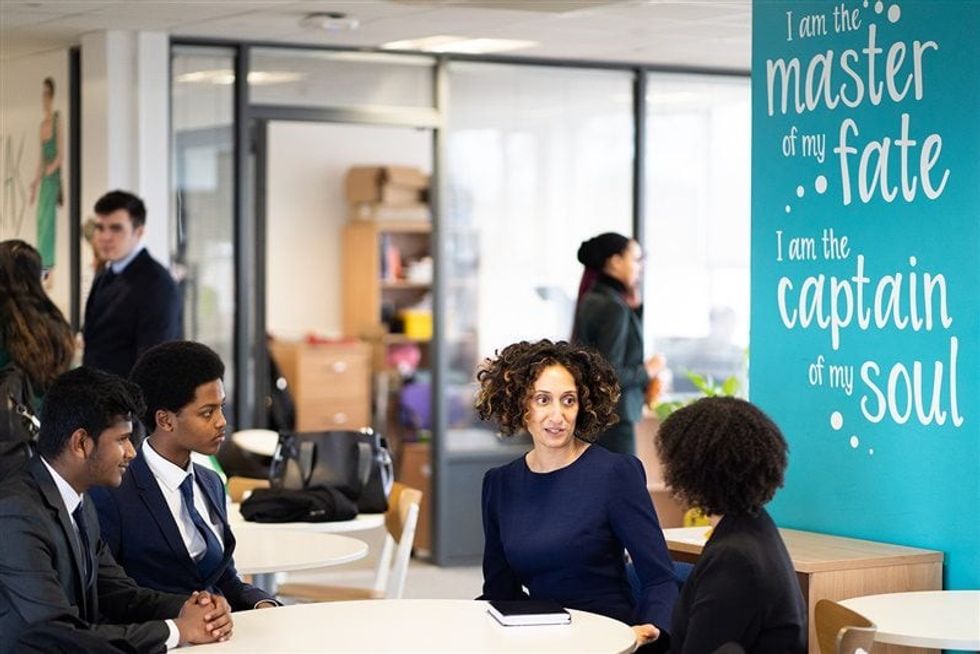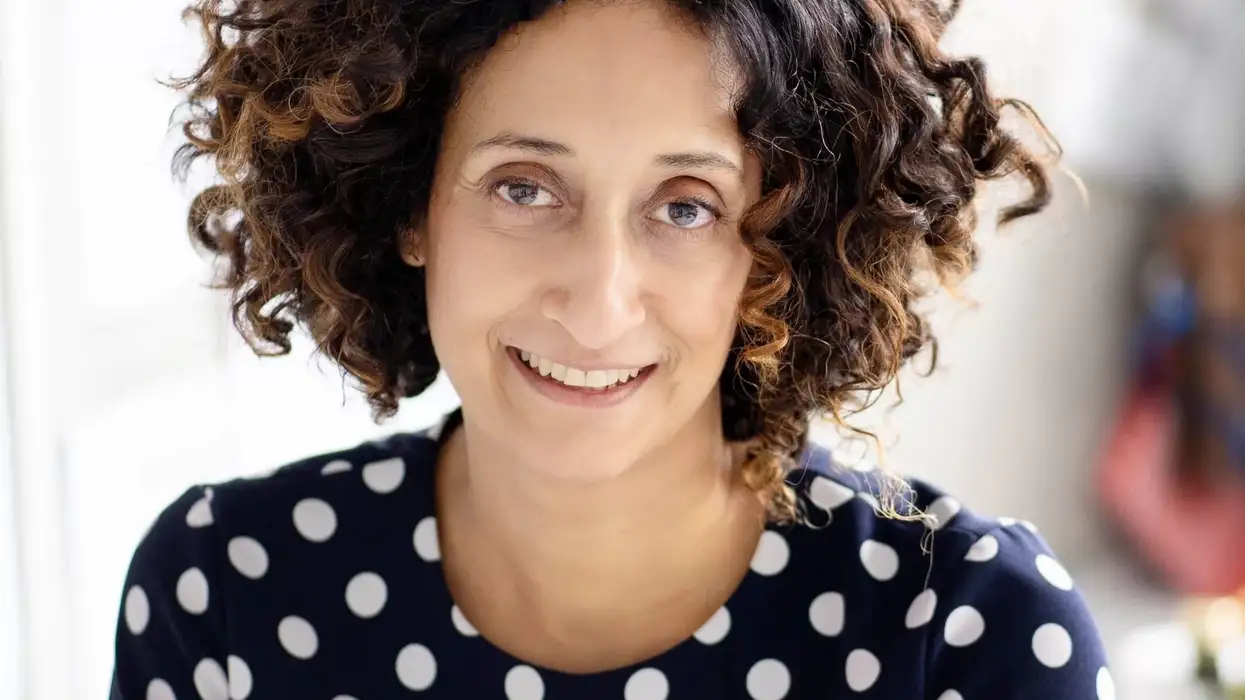THE STRICTEST headteacher in Britain has urged people to reject the “old view” of social mobility in her inaugural speech as the chair of the Social Mobility commission.
Katharine Birbalsingh, 48, is the founder and head teacher of Michaela Community school in Wembley, north London.
In a speech yesterday (9), Birbalsingh argued that there was a need for all forms of social mobility to be recognised and explained why people needed to move away from the rags-to-riches “Dick Whittington” form of social mobility.
“If a child of parents who were long term unemployed or who never worked gets a job in their local area, isn't that a success worth celebrating?
“What do we really want to say - that it doesn't count as mobility simply because they're not an accountant or a lawyer?” she said.
Birbalsingh added, “We want to move away from the notion that social mobility should just be about the long upward mobility from the bottom to the top… There's nothing wrong with that view of social mobility, but it's not enough.
“We want to promote a broader view of social mobility for a wider range of people who want to improve their lives, sometimes in smaller steps. So this means looking at how to improve opportunities for those at the bottom, not just making elite pathways for a few.”
Birbalsingh also advocated moving away from the idea that only better access to higher education can improve social mobility.
The commission plans to cover a range of areas, starting with education, from early years to higher education and apprenticeships. In addition, the SMC will look at the role small enterprises can play in improving social mobility through the creation of opportunities that larger companies may not be able to provide.
Birbalsingh was appointed to chair the government’s Social Mobility Commission in October 2021.
Recent research published by the commission suggested that 79 per cent of adults across the UK thought there was a large social class gap. In addition, 39 per cent of those questioned said it was becoming more difficult for those from less advantaged backgrounds move up in society. Just 23 per cent said they felt it was becoming easier.
Addressing how to measure social mobility, Birbalsingh said often the markers to indicate its progress were actually measures of equality. However, she cautioned that these were not the same thing.
“We could just reduce the gap between the top and the bottom without improving the movement in between.
“Similarly, we could improve social mobility without reducing inequality by moving a higher percentage of people from the bottom to the top, but allowing the gap between the two to increase,” she said.
While her proposals for the commission are planning to take a different approach than previous ideas about social mobility, Birbalsingh said she saw it as an evolution of existing policy.

“We want to champion a fresh approach, which sees social mobility as the process of enabling everyone to find and apply their talents in ways that they enjoy and gives them purpose and for our wider society and economy,” she said.
Birbalsingh also acknowledged the current difficulties facing society, from the cost of living crisis to the fallouts from the pandemic and Ukraine war.
“We are very aware that this is a difficult time to be taking over,” she said.
A recent report from The Sutton Trust charity which aims to improve social mobility predicted a 12 per cent decline in income mobility for people in the UK due to learning losses from the pandemic.












